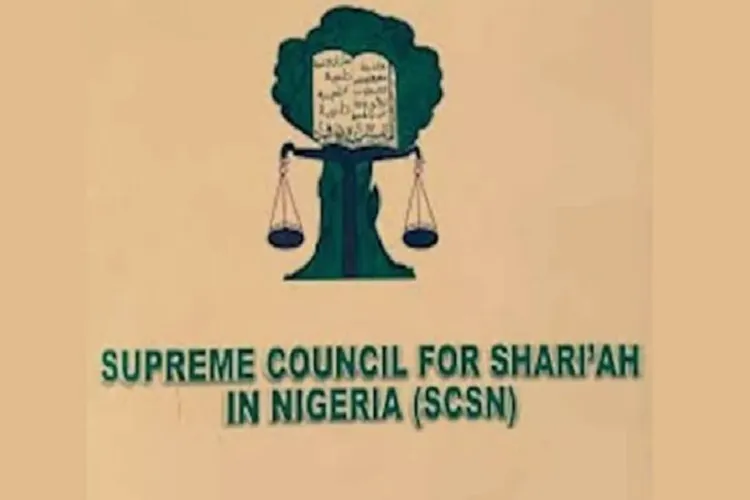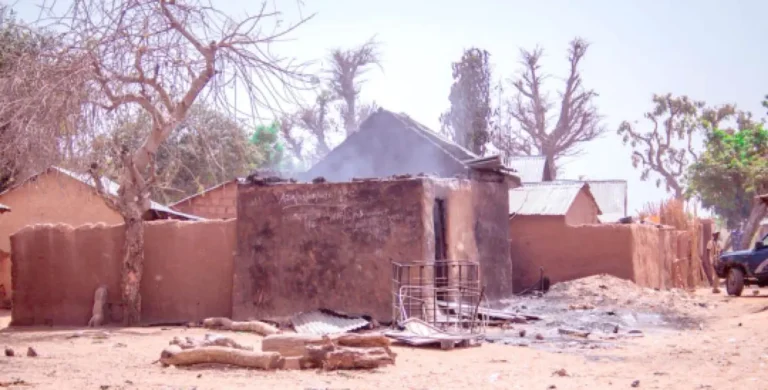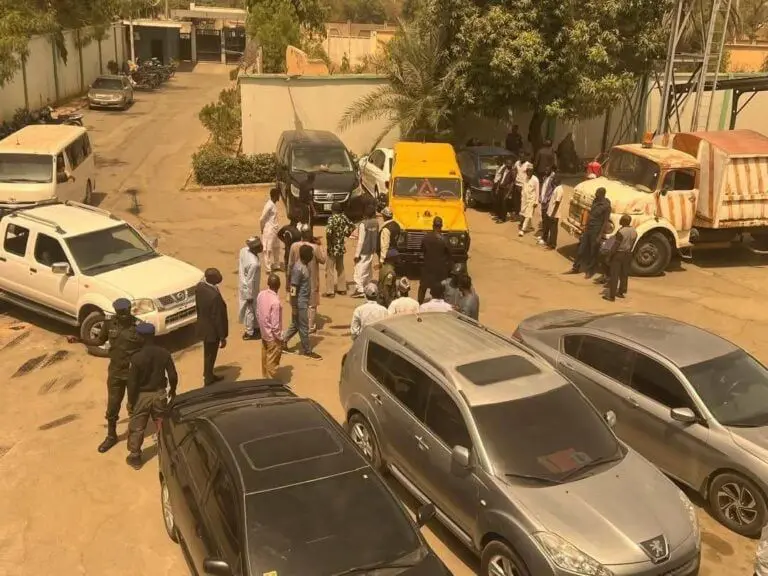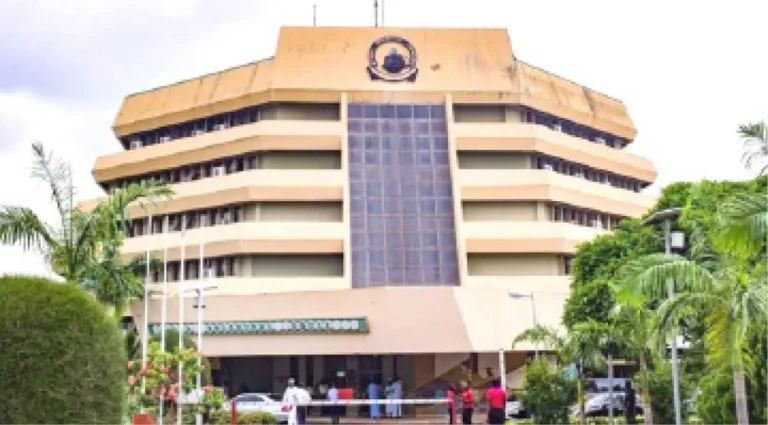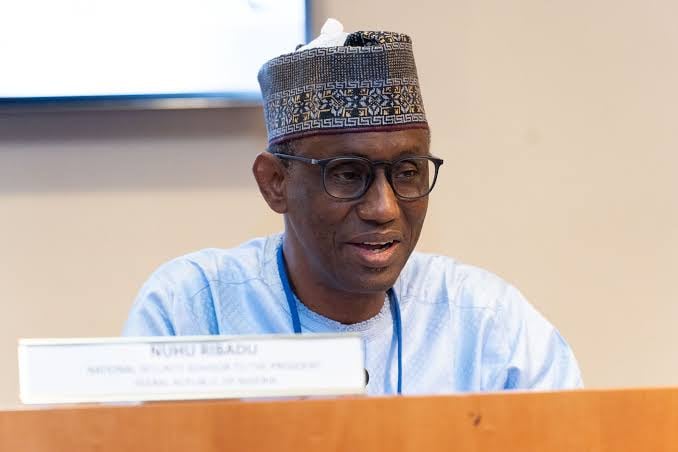
The National Security Adviser, Nuhu Ribadu, has warned state governments against shutting down telecommunications sites over revenue or local disputes, saying such actions threaten Nigeria’s digital future and economic growth.
Ribadu, who was represented by the Director of Critical National Assets and Infrastructure Protection at the Office of the National Security Adviser, Enebong Effiom, gave the warning in Abuja on Wednesday at a Business Roundtable on Improving Investments in Broadband Connectivity and Safeguarding Critical National Infrastructure.
He stated that arbitrary site closures, multiple taxation, and inconsistent right-of-way charges were hindering the country’s broadband expansion.
“In fact, aside from the right-of-way issues, there is this idea by states where they want to generate revenue with the state’s internal security architecture, consult some figures, and then before you know it, the sites are closed and we’ve had to intervene in such instances,” Ribadu said.
“We hope that at the end of this engagement, such actions will stop, because these state security structures do not understand the implications. They think they are helping their bosses, whereas they are actually limiting the potential of the states and constraining economic development within the country,” he added.
The PUNCH earlier in July 2025 reported that the Nigerian Communications Commission renewed calls for the harmonisation of taxes and levies in the telecommunications sector, warning that the existing fiscal burden is undermining the industry’s potential.
The NSA further stressed that broadband facilities should not be treated as ordinary business ventures, but rather as critical national assets.
“In a few years, digital transformation will be a measure of developing states, and for citizens, it will define access to opportunities, education, and livelihood. Consequently, the states that prioritise broadband and digital inclusion will meet the needs of national growth and those that are not will be left behind,” he said.
Ribadu noted that Nigeria’s broadband penetration stands at about 40 per cent, far below the 70 per cent target of the National Broadband Plan 2020–2025.
According to him, “Research has shown that every 10 per cent increase in broadband penetration can boost national GDP by between 2.6 per cent and 3.8 per cent. That economic leverage is lost when states drive for immediate revenue generation rather than broadband expansion.”
He urged states to adopt uniform and investor-friendly right-of-way policies, collaborate with the Nigerian Communications Commission, protect fibre infrastructure from vandalism, and engage communities in safeguarding critical assets.
Also speaking at the event, the Chairman of the Nigeria Governors’ Forum and Kwara State Governor, AbdulRahman AbdulRazaq, assured that state governments remain committed to driving broadband connectivity and protecting telecom infrastructure across the country.
AbdulRazaq, who was represented by the NGF Director-General, Dr Abdulateef Shittu, stressed the importance of broadband to Nigeria’s growth.
“Broadband connectivity is an essential part of infrastructure and the backbone of our social and economic future. It powers our digital economy and sustains the cyber sector, which now contributes more than half of our national GDP,” he said.
The governor reaffirmed the collective support of the states for the national broadband plan.
AbdulRazaq explained that the NGF had helped streamline right-of-way administration in several states.
On infrastructure security, he said: “States are strengthening their security architecture to safeguard broadband access, extending surveillance to local policing, corps and vigilantes, and working with community leaders to provide real-time intelligence against vandalism.
“We are also putting in place dispute resolution mechanisms within states, bringing stakeholders together, setting clear boundaries, timelines, and ensuring agreed solutions are enforced.”
Speaking earlier, the Executive Vice Chairman of the Nigerian Communications Commission, Dr Aminu Maida, called on state governments to adopt uniform right-of-way policies and prioritise the protection of telecommunications infrastructure to accelerate broadband expansion.
Maida said connectivity had become the backbone of Nigeria’s economic and social life, describing broadband as central to inclusion and growth.
“Connectivity today equals economic inclusion, productivity, and national resilience,” he said, noting that Nigeria’s broadband penetration stood at 48.81 per cent in August 2025, with over 140 million people online.
The NCC boss said the Commission had taken deliberate steps to drive the National Broadband Plan.
He recalled, “Through the sustained advocacy of the Commission, and efforts of the Office of the National Security Adviser as well as the Federal Ministry of Communications, Innovation and Digital Economy, the Critical National Information Infrastructure Presidential Order was signed by President Bola Ahmed Tinubu in June 2024.
“The CNII Presidential Order guarantees proactive protection of Nigeria’s telecommunications infrastructure.”
On RoW fees, Maida stressed progress but said more was needed.
“Within the past two years, five additional states—Adamawa, Bauchi, Enugu, Benue, and Zamfara—have waived RoW fees entirely. This brings the total number of states offering zero RoW charges to eleven, while 17 states have capped it at N145 per metre.”
He also confirmed new investment commitments, but he warned that vandalism remains a major challenge.
“Between January and August 2025 alone, Nigeria recorded 19,384 fibre cut incidents, 3,241 cases of equipment theft, and over 19,000 cases of denials of access to telecom sites.
“Together, these disruptions have caused prolonged outages, revenue losses, increased security costs, and delayed service restoration. They demonstrate why infrastructure protection must be at the centre of our collective agenda.”
The EVC then made a direct appeal to state leaders. “Every Governor and State represented in this room holds a strategic lever. Waiving RoW charges, protecting telecom infrastructure, and proactively supporting fibre deployment are decisions that can determine the prosperity or stagnation of your states.”
Maida also announced new NCC tools. “Tomorrow, the NCC will launch two strategic tools: the Ease of Doing Business Portal, a one-stop-shop that provides information and links to our 36 States and FCT; and the Nigeria Digital Connectivity Index, a framework to measure and publish annually each State’s digital readiness and competitiveness.”
He further urged states to waive RoW charges entirely, enforce dig-once protocols, publish standard fees and timelines, and set up digital infrastructure funds.
The Minister of Finance and Coordinating Minister of the Economy, Mr Wale Edun, said the federal government is committed to working with states, private investors, and development partners to drive broadband connectivity and secure critical national infrastructure.
Edun, who was represented by Mohammed Ali, Director of Home Finance at the Ministry, said Nigeria’s growth now depends on embracing digital infrastructure.
The minister stressed that all stakeholders must be involved. “To reach that goal, we need strong resilience, financial supply, and everybody on board. We are proud of the progress we have made together. By promoting networks and providing new ways of doing business… we have to work across the board to achieve that,” he added
PUNCH.

